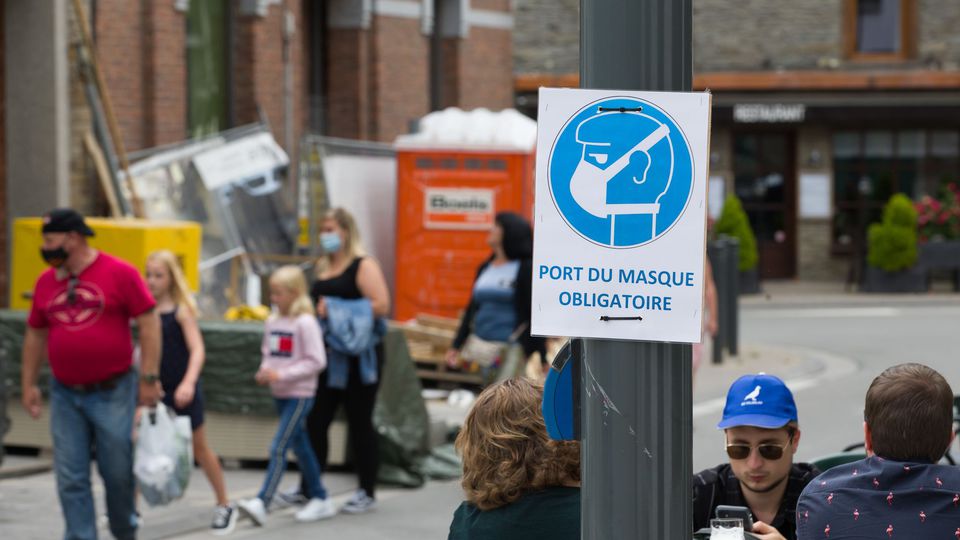Seven Brussels municipalities have now recorded at least 50 new weekly coronavirus cases per 100,000 inhabitants, a mark designated as alarming by officials seeking to contain a resurgence of the virus in the capital.
The latest figures by federal health institute Sciensano show that Anderlecht (74), Jette (55), Schaerbeek (55), Brussels 1000 (53), Berchem-Saint Agathe (52) and Ganshoren (52) were all above the new-case alarm threshold.
The municipality of Saint-Gilles, which was last week leading the Brussels-Capital Region in terms of novel infections detected each week, on Monday had an incidence rate of 50 new cases per 100,000 inhabitants.
Related News
- Belgian average rises to 580 new coronavirus infections per day
- Brussels' blanket face mask requirement will also apply to cyclists
- Belgium plans to double daily testing capacity for upcoming winter
Three other municipalities, Molenbeek, Saint-Josse and Forest, are also inching closer to the new-case alarm threshold.
The hike in the incidence rate across Brussels municipalities brings the capital region closer to reaching the point at which officials said the use of face masks would become mandatory in all public places.
Regional officials last week said this tipping point would be reached when the average incidence rate of the 19 municipalities of the capital reached the mark of 50 new weekly cases/100,000 residents.
The most recent figures made available by Sciensano on Monday put the incidence rate of the region at an average of 42 new weekly infections per 100,000 inhabitants.
The figures represent a sharp hike from figures at the weekend when only three municipalities (Anderlecht:67; Berchem-Saint Agathe:52 and Schaerbeek:51) were recorded as having reached or passed the alarm threshold.
The increase in the capital region also coincides with an overall hike in infection numbers country-wide, with the new weekly average of new cases detected across the country at 580 on Monday.
Gabriela Galindo
The Brussels Times

